By Lionel Bassega, July 6, 2020
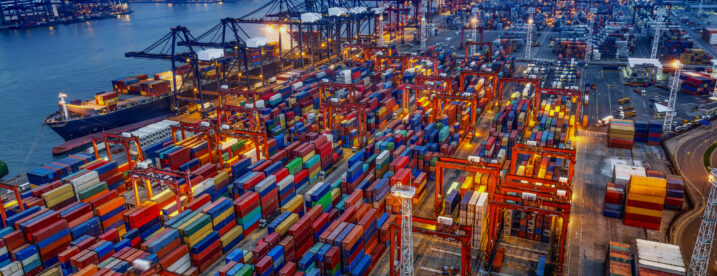
Over the last couple of weeks, the rate of Covid-19 infections has flattened in most of the Global North, while the opposite has happened in the Global South. Indeed, according to data from the World Health Organization...

US$7.8 Trillion drains from Developing World from 2004-2013
Trade Fraud Responsible for Illicit Outflows of US$6.5 Trillion
China, Russia, Mexico, India, Malaysia are Biggest Exporters of Illicit Capital over Decade
Sub-Saharan Africa Still Suffers Largest Illicit Outflows as % of GDP
WASHINGTON, DC – Illicit financial flows from developing and emerging economies surged to US$1.1 trillion in 2013, according to a study released Wednesday by Global Financial Integrity (GFI), a Washington, DC-based research and advisory organization. Authored by GFI Chief Economist Dev Kar and GFI Junior Economist Joseph Spanjers, the report pegs cumulative illicit outflows from developing economies at US$7.8 trillion between 2004 and 2013, the last year for which data are available.
By Christine Clough, PMP, October 26, 2015
When the States Parties to the UN Convention against Corruption (UNCAC) and official observers gather in St Petersburg next week for the 6th Conference of States Parties (COSP), the UNCAC Coalition will be advocating for enhanced language...
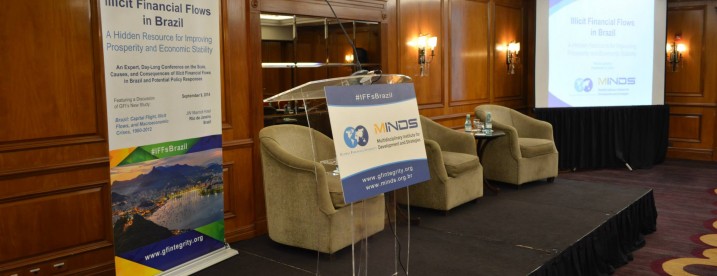
Photos from “Illicit Financial Flows: The Most Damaging Economic Problem Facing the Developing World,” a 2-day conference in Washington, DC that was hosted by Global Financial Integrity and held at the National Press Club.
By Tom Cardamone, October 6, 2015
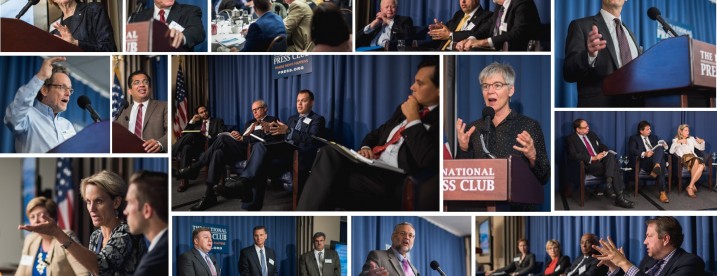
A Quarterly Newsletter on the Work of Global Financial Integrity from June to September 2015
Global Financial Integrity is pleased to present
GFI Engages, a quarterly newsletter created to highlight events at GFI and in the world of illicit financial flows. We look forward to keeping you updated on our research, advocacy, high level engagement, and media presence. The following items represent just a fraction of what GFI has been up to since March, so make sure to check our
website for frequent updates.
Global Financial Integrity Conference: Illicit Financial Flows: The Most Damaging Economic Problem Facing the Developing World
Based on the culmination of work GFI has done with the support of the Ford Foundation including a book by GFI, the conference included discussions and keynote remarks from experts on the nature of IFFs, country-level perspectives, and how and why curtailing these IFFs should be a priority for the global community.
By Michele Fletcher, June 10, 2014

On Wednesday, representatives from the Senate, European Embassies of Luxembourg, the Netherlands, and anti-corruption NGOs, including GFI’s Tom Cardamone, gathered in the U.S. Senate’s Kennedy Caucus Room to discuss the growing dangers of illicit financial flows in Europe as major contributors to the European financial crisis.
U.S. Senator Jeff Sessions (R-AL) spoke about his experience with Russia’s systematic aggression in the Balkan areas, and advised they take a stronger stance against Russian encroachment. Dependence on American financial and military hegemony in the region is not a sustainable security solution, he added. Sessions, who also served as Attorney General of Alabama, urged that Central and Eastern Europe push for anti-corruption and transparency laws.
I am convinced that prosperous and open societies make the world better. The values of financial integrity are exactly what we need.
All agreed that financial integrity is the linchpin of stability and security. Hon. Becky Norton Dunlop, Vice President of the Heritage Foundation, said:
Ensuring transparency is key to dealing with corruption.
This is not just a Republican issue. This is not just a Democratic issue; this is an issue for all Americans.
The crisis in Crimea was preventable, argued Natasha Srdoc, Chairman of the Adriatic Institute for Public Policy. Regional stability is greatly undermined by Western European banks promoting fraudulent transactions in the Balkans. Had Ukraine formally broken its ties to Russia and joined the EU, it could have deterred Russia from annexing Crimea. Yet joining the EU may also have exposed the corruption schemes of Ukrainian elites, including that of former President Viktor Yanukovych and former PM Pavlo Lazarenko, whose own anonymous shell company was based in Wyoming.
By Brian LeBlanc, May 29, 2014
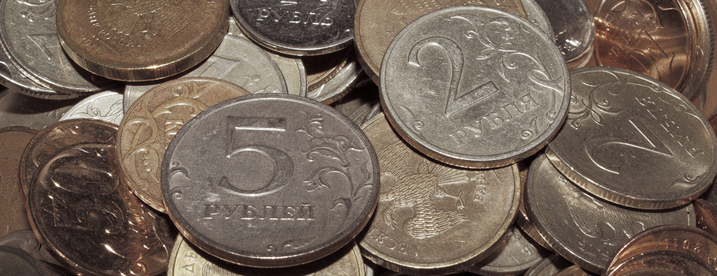
According to data provided by the U.S. Treasury, approximately $13.5 billion in bank deposits held by Russians left U.S. banks in March:
What happened between February and March? On February 26th, Russian military forces began to invade Crimea, setting off the international crisis in the region. Within a few weeks, Western nations imposed sanctions on some Russian individuals.
By Brian LeBlanc, May 23, 2014
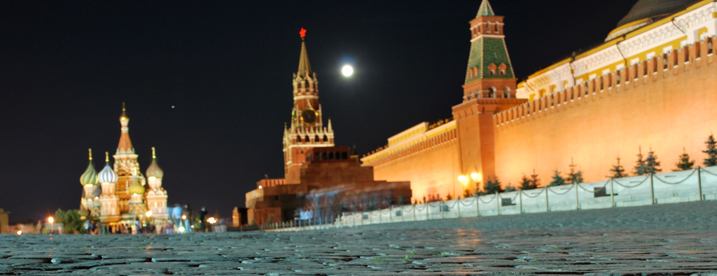
It can be tough to impose economic sanctions against Russian citizens if you can’t find their money. Russia’s very complex relationship with tax havens could make this more difficult.
It is also tough to try to pinpoint exactly how much Russian money is being held in tax havens due to the fact that a lot of it isn’t reported to Russian officials/international organizations like the IMF (that’s the whole point of hiding your money in a tax haven).
The amount that is actually reported is pretty jaw-dropping. Approximately 61% of Russia’s $403 billion in outward Foreign Direct Investment (FDI) is held in tax havens:
Just to be clear, FDI is any amount of investment in a entity which gives the investor some control over that entity’s operations. So, if a Russian billionaire incorporates an entity in Cyprus (often these entities in tax havens are just bogus “shell” entities), and invests $1,000,000 into the entity, that will show up in the FDI statistics.







